India and 12 countries, led by the US, launched the Indo-Pacific Economic Framework (IPEF) on Monday to offer an economic alternative to China’s influence in the Indo-Pacific region. The aim of the IPEF is to enhance economic partnership among participating countries, promoting resilience, sustainability, inclusiveness, economic growth, fairness, and competitiveness.
During the launch of the IPEF in Tokyo, Prime Minister Modi, along with US President Biden, Japanese Prime Minister Fumio Kishida, and US Secretary of State Antony Blinken, showed a strong commitment to joining forces to counter China’s assertiveness in the region.
The economic initiative was unveiled just before the second in-person summit of Quad leaders in Tokyo. Leaders and officials from Australia, Brunei, Indonesia, Republic of Korea, Malaysia, New Zealand, Philippines, Singapore, Thailand, and Vietnam participated virtually. South Korean President Yoon Suk Yeol, New Zealand Prime Minister Jacinda Ardern, Singapore Prime Minister Lee Hsien Loong, Thailand Prime Minister General Prayut Chan-o-cha, and Vietnam Prime Minister Pham Minh Chinh were among the prominent attendees.
Modi emphasized that the Indo-Pacific Economic Framework signifies a collective commitment to making the region a driver of global economic growth. He expressed confidence that the framework, with its focus on trust, transparency, and timeliness, will strengthen resilient supply chains and contribute to development, peace, and prosperity in the Indo-Pacific region.
The launch of the IPEF, involving 13 countries representing 40% of the world GDP, marks a significant step in countering China’s economic influence in the Indo-Pacific, according to US National Security Advisor Jake Sullivan.
Biden highlighted the importance of the Indo-Pacific region in shaping the global economy of the 21st century. The nations involved aim to create an economic vision that fosters a free, open, connected, prosperous, secure, and resilient Indo-Pacific, promoting sustainable and inclusive economic growth.
The joint statement outlined the pillars of the IPEF, focusing on trade, supply chains, clean energy, decarbonization, infrastructure, tax, and anti-corruption measures. The framework partners will engage in discussions to strengthen economic cooperation and invite other interested Indo-Pacific countries to join the initiative. India reaffirmed its commitment to a free, open, and inclusive Indo-Pacific region, emphasizing the importance of economic engagement for growth, peace, and prosperity.
Modi, who arrived in Tokyo for the summit, engaged with business leaders and the Indian community. He is scheduled to attend the Quad leaders’ summit and hold bilateral meetings with President Biden, Prime Minister Kishida, and Australian Prime Minister Anthony Albanese.
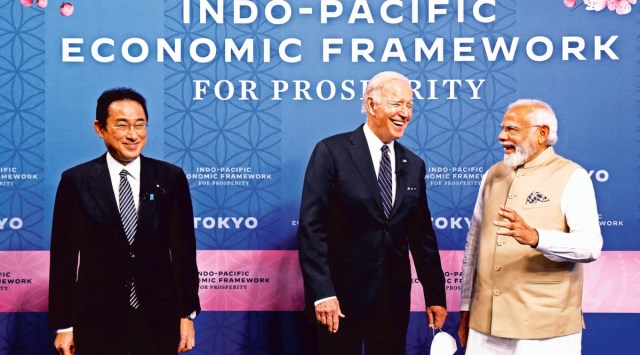



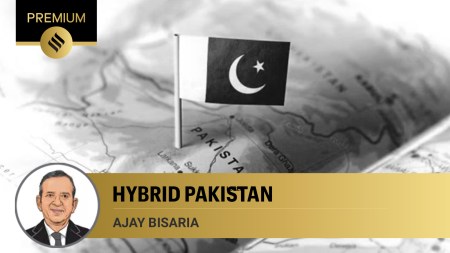
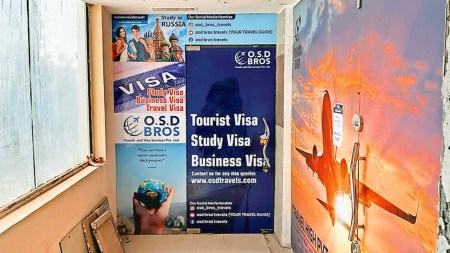
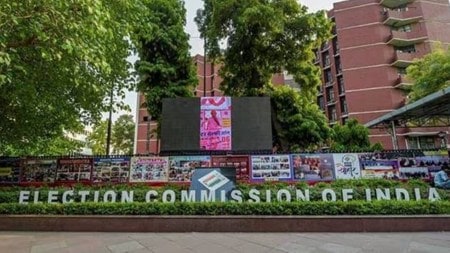

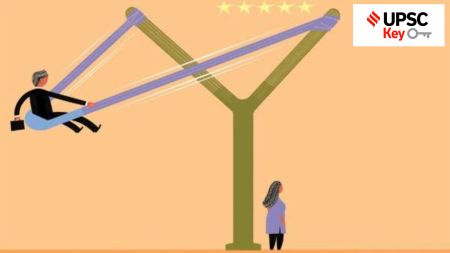


























+ There are no comments
Add yours